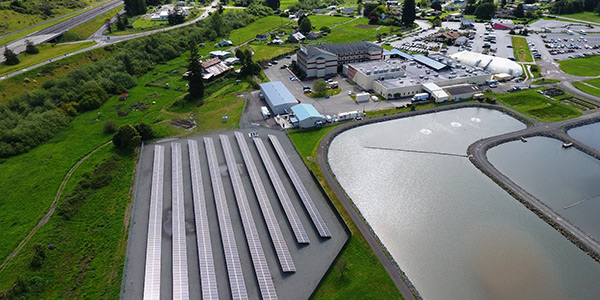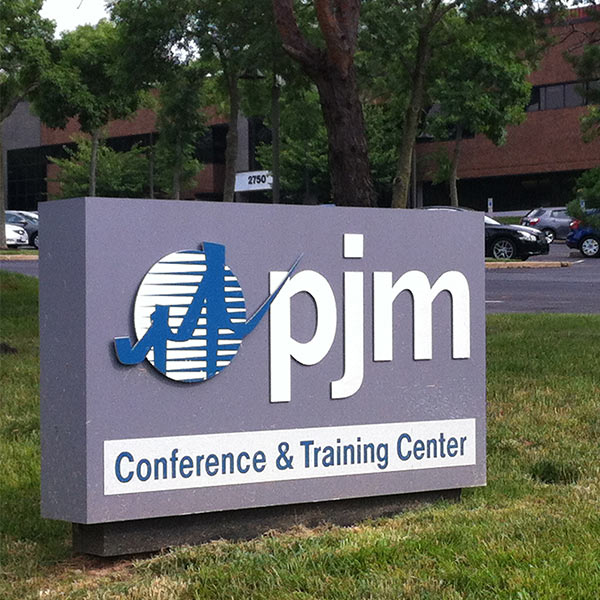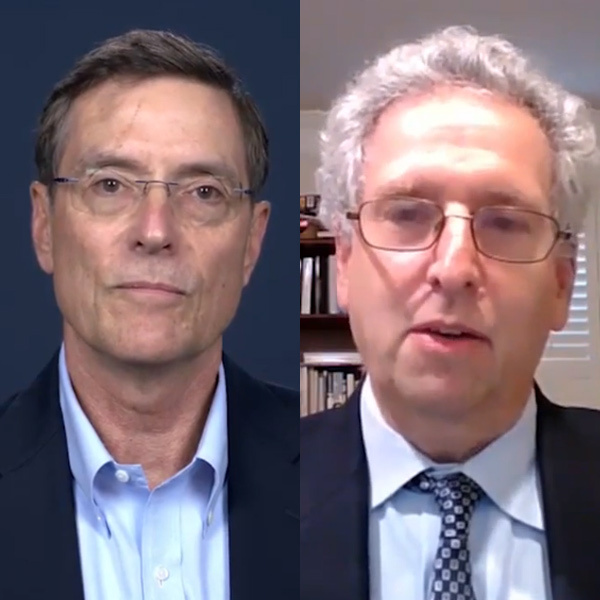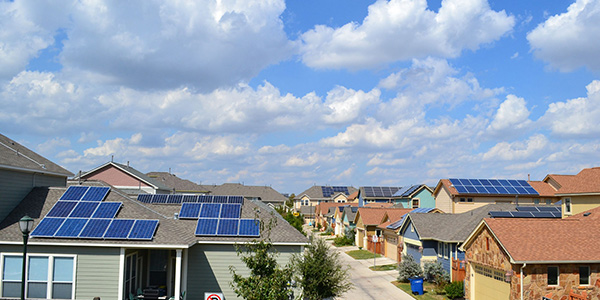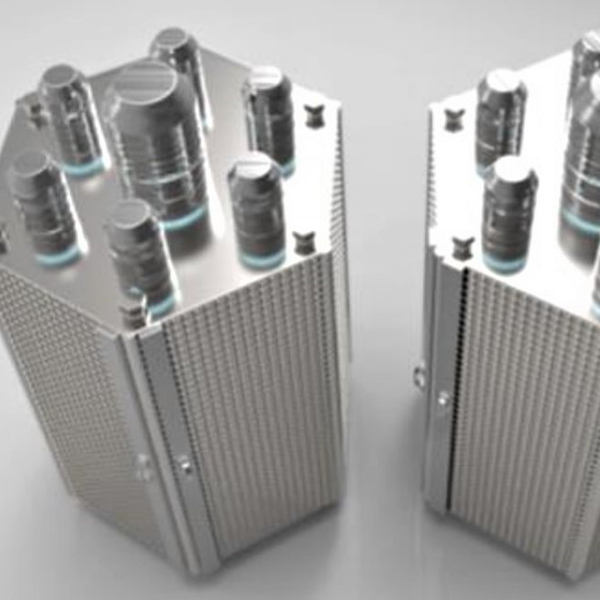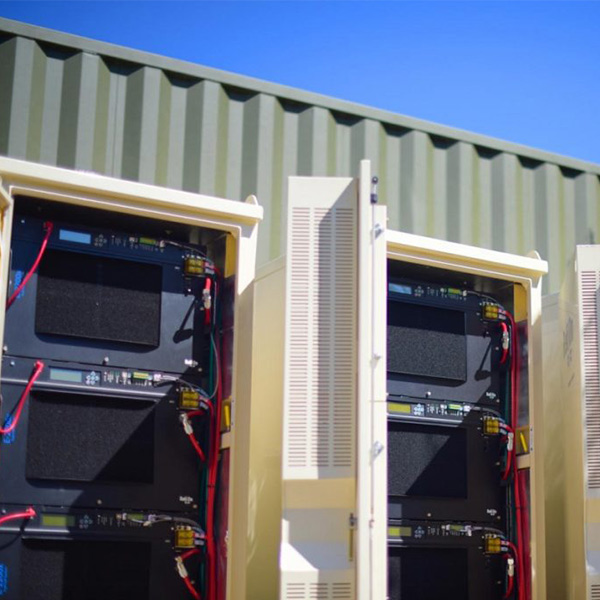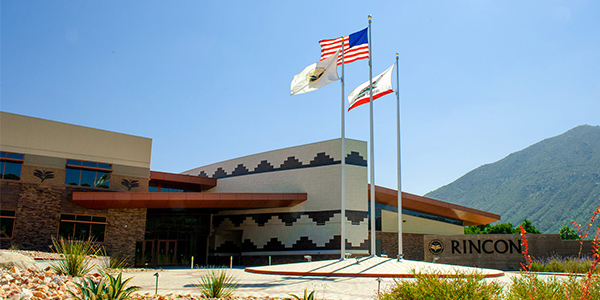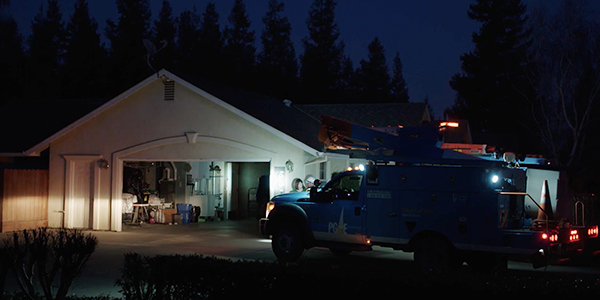microgrids
The California PUC ordered utilities to hasten the creation of microgrids, including establishing a $200 million incentive program for high risk communities
The PJM Operating Committee endorsed new microgrid rules and received a briefing on the RTO's plans for handling the pandemic in 2021.
PJM stakeholders endorsed the RTO’s package on updates to real-time value market rules that call for additional penalties for generation operators.
MISO officials, stakeholders and academics discussed the challenges of operating a grid with increasing renewables and uncertainty.
Smart building design can play a central role in California’s drive to decarbonize, according to a panel convened by the Energy Commission.
Experts said it’s mostly policy, not technology, holding back widespread adoption of distributed energy resources supported by smart tech.
If one business consultant’s vision proves correct, MISO stakeholders learned, future neighborhoods will be self-contained developments with their own power sources.
California is moving to adopt microgrids to store wind and solar energy and to provide electricity during public safety power shutoffs in wildfire season.
The California Energy Commission approved $22M in grants to fund long-term energy storage projects and another $6M to test using repurposed EV batteries.
The California PUC adopted measures to prepare for this year’s fire season by accelerating deployment of microgrids and approving IOU prevention plans.
Want more? Advanced Search
